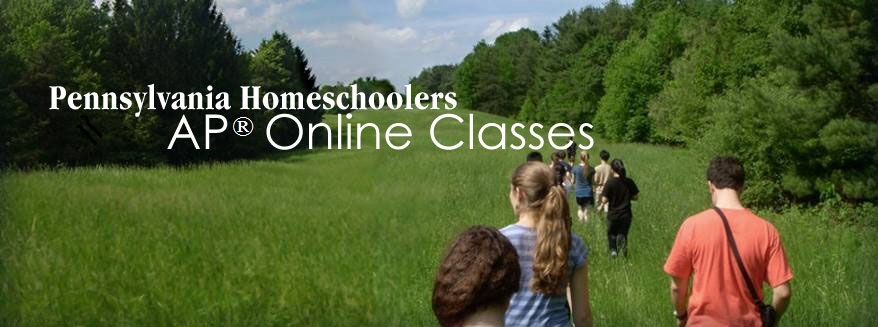
Online for the 2024-2025 School Year
Teacher: Barbara Williams
Email: bafleyanne@gmail.com
Please fill out the registration form and pay course tuition to hold your spot!
Class meetings will be on Zoom Mondays at 3 pm Eastern and some Thursdays from 1-2 pm Eastern (for weeks when Monday is a holiday or we need an extra meeting to work on papers or presentations).
Course Description:
The History of Western Science examines the development of the discipline of science and the development of the scientific method from the earliest natural philosophers through modern times, with attention to the manner in which knowledge and practices have built and refined ideas over the centuries. Incorporating primary documents throughout the year, the course emphasizes the requirement to document and communicate scientific discovery in order to continue the Great Conversation. Using Geologic time and mass extinctions, Evolution, and the Big Bang as specific lenses through which to re-examine the way in which scientific knowledge is built and refined over time, the course takes deeper dives into each of those three areas. In particular, the mass extinction of dinosaurs is discussed with careful attention to the scientific ideals of collaboration, peer review, hypothesis formation and support or rejection; the field of evolution is followed from Lamarck, Darwin, and Mendel through the advent of CRISPR technology and discussion of the varied methods through which evolutionary mechanisms work. Students are encouraged throughout to discuss those scientists who have been traditionally left out of this conversation, and how this important issue can be addressed. By the end of the course, students will be able to tackle an independent reading and understand it in terms of knowledge built over time, and present their findings to the class in written or oral form.
Course Fee:
$675
Who Should Apply?
There is no prerequisite for this course, but to be most successful, students should possess good study skills, be capable writers, and be able to keep up with deadlines and course assignments. Students should be homeschooled and in 9th-12th grade (exceptions can be made on a case-by-case basis, please contact me if this applies to you). This class is intended to be an in depth exploration of the history of science and could be used as either a science (non lab), history, or elective credit on a transcript.
Required Materials:
The main text for the class will be The Story of Western Science: From the Writings of Aristotle to the Big Bang Theory by Susan Wise Bauer.
In addition, students will read:
- T. Rex and the Crater of Doom by Walter Alvarez
- Some Assembly Required by Neil Shubin
- various primary source articles (provided by the instructor)
- and a book of their choice from a list to be provided later in the class
Students will also be expected to contribute to our class timeline.
Please do not purchase any books until you have been accepted to the class! I will provide specific ISBN numbers for purchase to make sure we are all on the same page, literally!
Tech Requirements:
You will need access to a computer with reliable internet access that is capable of running Zoom meetings with a microphone and a camera. Basic familiarity with using word processing programs, creating slide shows (in PowerPoint or similar), and online classroom technology will also be very helpful, as well as the ability to scan handwritten assignments and send them in as PDFs. This class will use Canvas for assignments.
Course Schedule:
We will meet weekly starting on Monday, August 26th, 2024 and continuing through May 19, 2025, with the following breaks/days off:
- Sept 2 (Labor Day) class will meet on Sept 5
- Oct 7-11 Fall Break
- Nov 18-22 Thanksgiving Break
- Dec 14-Jan 5 Winter Break
- April 1-5 Spring Break
About Me:
Instructor: Barbara Williams
I received a B.A. in History with a Women's Studies minor from Converse College. I have been homeschooling my own children since 2005. I have one child who graduated from college in 2023 with a B.A. in biology and a 12 year old that is still at home. I have always also been passionate about science (taking many electives and courses even after finishing college via Coursera and edX) and especially the places where science and history intersect! I am super excited to be taking over this class from Jennette Driscoll, who has taught it so capably in the past. She has graciously offered to share with me a lot of the resources and materials that she used when teaching the class so I am confident that I'll be able to provide a class that is up to the high standard she has set! The course format for this class is built on the foundation that she created, but since history is my specialty, my version is likely to skew a little towards history knowledge.
